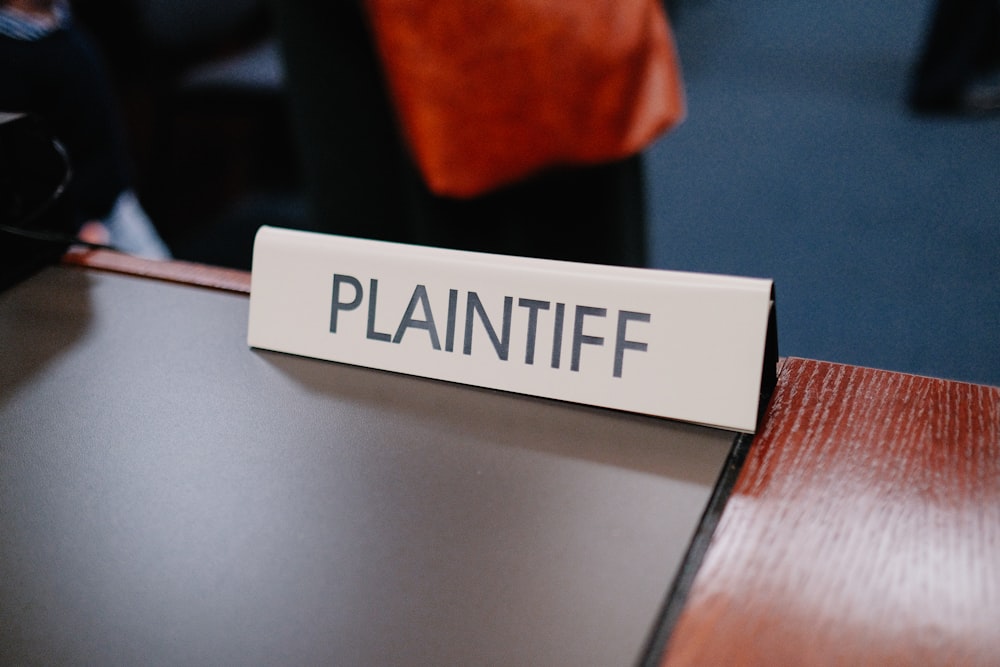Understanding Contractor Liability
In today’s construction industry, holding contractors accountable for their actions is paramount. Whether it’s subpar workmanship, missed deadlines, or breaches of contract, homeowners and businesses alike must understand their legal options when facing such issues. This article delves into the process of pursuing legal action against contractors and the steps involved in holding them accountable for their actions.
Assessing Contractor Responsibility
Before pursuing legal action, it’s crucial to assess the contractor’s responsibility for the issues at hand. This involves gathering evidence, such as contracts, project specifications, communication records, and photographs of the work in question. Understanding the scope of the contractor’s responsibilities and any contractual obligations is essential for building a strong case.
Legal Grounds for Lawsuits
Various legal grounds may warrant a lawsuit against a contractor, including breach of contract, negligence, fraud, and misrepresentation. Breach of contract occurs when the contractor fails to fulfill the terms outlined in the agreement, such as delivering substandard work or failing to complete the project on time. Negligence involves the contractor’s failure to exercise reasonable care in performing their duties, resulting in harm or damages to the client.
Navigating the Legal Process
Initiating legal action against a contractor typically involves filing a lawsuit in civil court. This process entails drafting a complaint outlining the allegations against the contractor and serving it to them. The contractor then has the opportunity to respond to the allegations, and both parties engage in pre-trial procedures, such as discovery, where evidence is exchanged.
Proving Damages and Harm
To succeed in a lawsuit against a contractor, the plaintiff must demonstrate the damages and harm suffered as a result of the contractor’s actions or negligence. This may include the cost of repairing or rectifying substandard work, lost profits due to project delays, and compensation for emotional distress or inconvenience caused by the contractor’s misconduct.
Exploring Legal Remedies
Upon prevailing in a lawsuit against a contractor, various legal remedies may be available to the plaintiff. These remedies may include monetary damages to compensate for financial losses incurred, injunctive relief to compel the contractor to fulfill their contractual obligations, or punitive damages to deter future misconduct by the contractor.
Challenges and Considerations
Navigating a lawsuit against a contractor can be complex and challenging, requiring legal expertise and resources. Plaintiffs must carefully weigh the potential costs and benefits of pursuing legal action, considering factors such as the strength of their case, the likelihood of success, and the potential for recovering damages.
Seeking Legal Assistance
Given the complexities of contractor liability cases, seeking legal assistance from experienced attorneys specializing in construction law is advisable. Legal professionals can assess the merits of the case, provide guidance on legal options, and advocate for the client’s interests throughout the litigation process.
Conclusion
In conclusion, holding contractors accountable through legal action is a crucial step in addressing issues of substandard work, negligence, and breaches of contract in the construction industry. By understanding their legal rights and options, clients can pursue justice and seek compensation for damages incurred as a result of contractor misconduct. However, navigating the legal process requires careful consideration and expert legal guidance to ensure a favorable outcome. Read more about lawsuit against contractor










